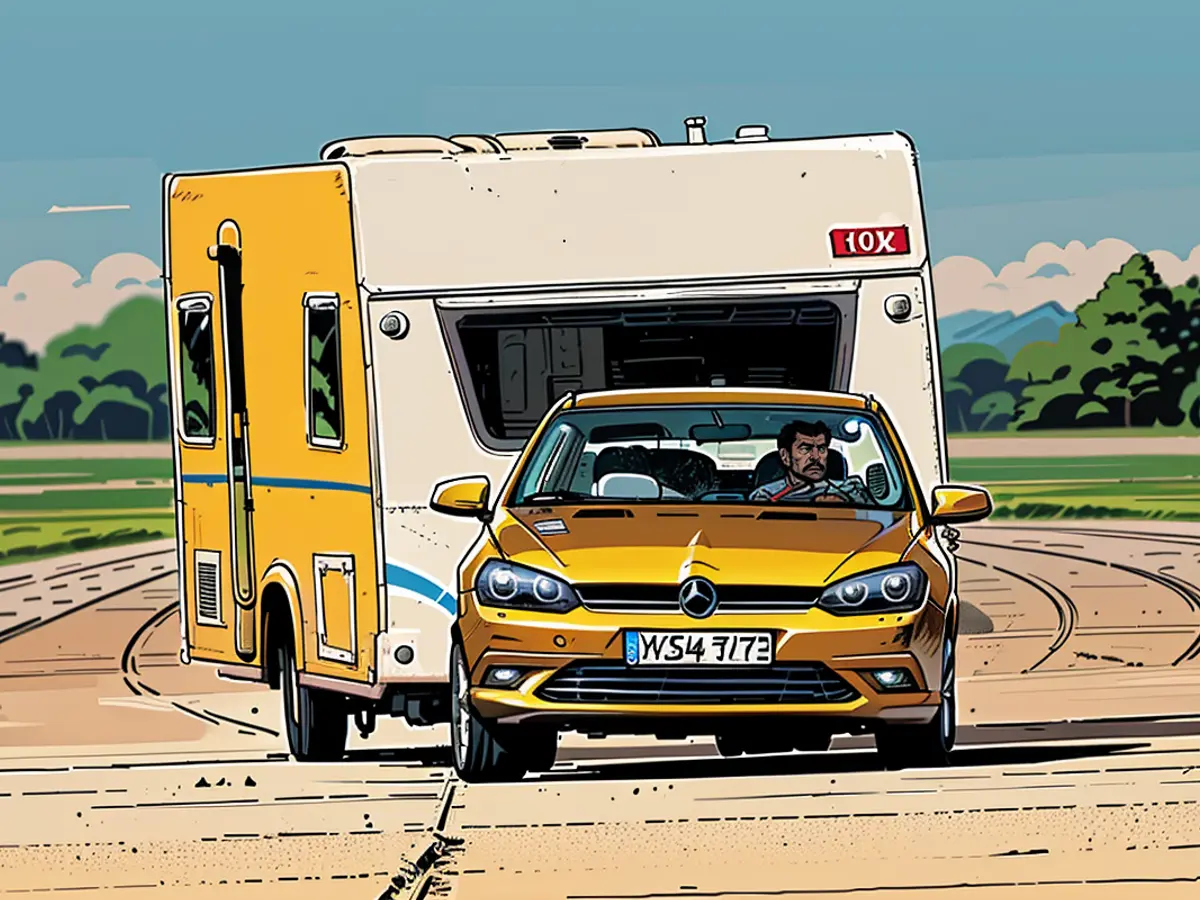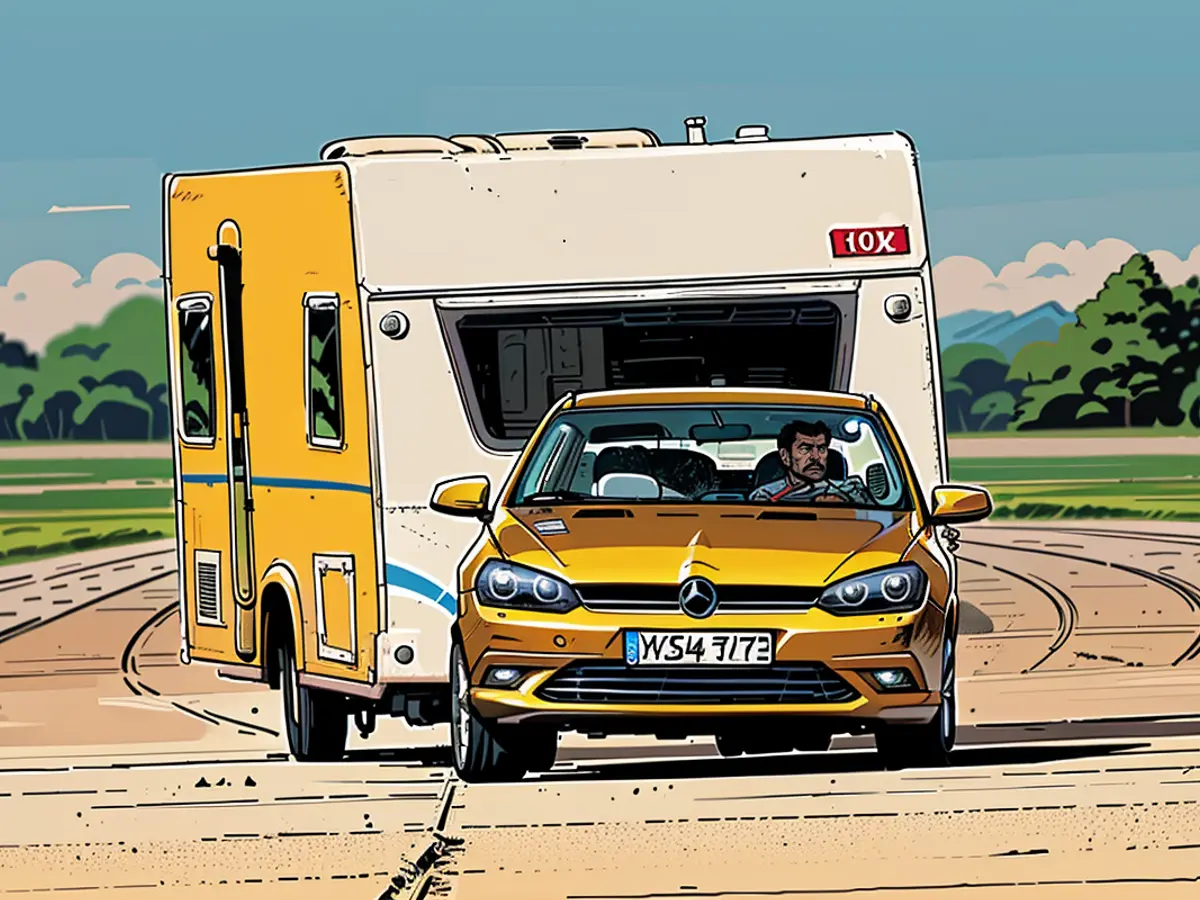Deactivating the start-stop feature in your ride may raise a few eyebrows, particularly if you're relying on a dongle or an app. While it may seem like a great way to dodge red lights and alleviate engine wear, think twice before taking the plunge.
First off, many people fear that deactivating the start-stop system will lead to increased engine wear or engine failure concerning stopping at red lights. The good news is: this isn't the case. Automotive clubs like ADAC assert that starter motors and batteries are specifically adapted to meet the higher requirements that come with the start-stop system's absence. They're less likely to suffer premature wear.
However, deactivating the start-stop system might pose an issue with your vehicle's legal status and your insurance. According to the ADAC, such deactivation is only permissible for specific models that meet certain requirements. It's always wise to confirm this with the manufacturer before jumping in headfirst.
If you happen to lose your operating license due to deactivating the start-stop system, your car insurance might just come back to haunt you. In the event of an accident, the injured party will still be compensated. However, your insurance company might make a claim against you, up to an eye-watering 5,000 euros.
Additionally, your exhaust values may take a hit, resulting in complaints during the next general inspection. No one wants to deal with that pain in the neck.
So what's the verdict? Is it a smart move to leave your start-stop system switched off? ADAC strongly advises against it. The system can save up to 15% on fuel and corresponding pollutants in urban traffic, provided conditions like a fully charged battery, a hot engine, and no trailer mode are met. Deactivating the system on a whim is generally not necessary.
That being said, there are a few exceptions where switching off the system might be advisable. In trailer operation with a retrofitted trailer coupling or when you're stuck in the snow and need to rock the vehicle back and forth, it might be more practical to turn off the system temporarily.
However, permanently disabling it to save fuel and the aggravation of possible legal disputes is not advised. The potential costs far outweigh the benefits.







